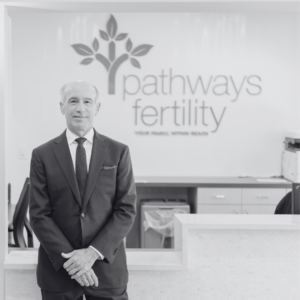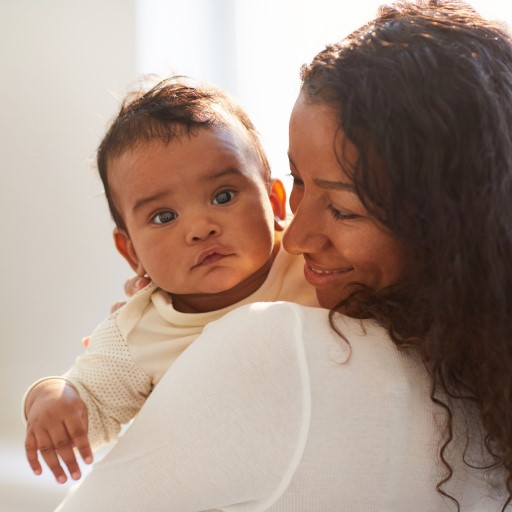Take a lesson from the former first lady, Michelle Obama, and be proactive when it comes to your reproductive health, especially if you’ve experienced a miscarriage.
This one’s for the ladies from a fine role model: be proactive about seeking fertility care.
Michelle Obama has disclosed in her memoir “Becoming” that she had in vitro fertilization (IVF) beginning at age 34 and then 2 years later. Her two daughters were the happy products of this decision. She knew pregnancy was not going to be easy as she had already had one miscarriage. But in an interview about her memoir with ABC’s Robin Roberts, Michelle Obama stated she knew she had to do IVF because “the biological clock is real” and a woman’s “egg production is limited.”
Through this interview and her book, Obama has helped lessen the stigma surrounding female infertility and fertility treatments. Loss of fertility is a part of aging. It is important to speak openly about this eventuality and the treatments that can extend a person’s family-building timeline.
Miscarriage, another essential topic related to fertility addressed in Michelle Obama’s book, is an area of reproductive health that is often misunderstood. A pregnancy loss can be an indicator of age negatively impacting the quality of a woman’s eggs. While miscarriage is often heartbreaking, it does not mean that there is no chance of future success.
About miscarriage and Michelle Obama
Miscarriage is one form of failure of reproduction. It is really worse than not conceiving because it takes months to go through early pregnancy, face disappointment and then wait to try to conceive again.
Michelle Obama said of her own miscarriage in the interview with Roberts, “I felt lost and alone, and I felt like I failed. Because I didn’t know how common miscarriages were. Because we don’t talk about it. We sit in our own pain, thinking that somehow we’re broken.”
In most scenarios, miscarriage has nothing to do with factors a woman or couple can control. The cause of the pregnancy loss is often the abnormal genetic makeup of the egg. The same problems often lead to IVF cycles without a pregnancy occurring; eggs may fertilize and not develop and implant for example. This is somehow a kinder kind of failure but more common. Remember, even in 25-year-old women, only 20 percent of natural cycles result in ongoing pregnancies.
We don’t know all the specifics, like Mrs. Obama’s anti-Müllerian hormone (AMH) or other factors. We do know that women who have waited for Mother Nature until 38-40 years of age then turn to treatment are facing lower odds of success with any type of treatment. Intrauterine insemination (IUI), IVF and surgery all lose a bit of effectiveness with each year of age.
Be proactive by testing your fertility
For some women, their age and ovarian reserve, or egg supply, are not concordant. Some have accelerated aging, which means they have fewer eggs than an average woman of the same age.
Women who are not seeing an infertility specialist but are going to try to conceive or are considering postponing childbearing should first evaluate their ovarian reserve. This can be estimated by a blood test for AMH through their OB/GYN or primary care provider.
A “normal” test result ranges from at least 1-2.0. Higher is better. Talk it over with your primary care doctor at the next visit. If your doctor finds your AMH is low, it may be time to see a fertility specialist to learn about your treatment options.
Most importantly, if tests indicate your egg supply is low, do not give up hope. The best reaction to a diagnosis of diminished ovarian reserve is to take immediate action, like Michelle Obama did. This condition is common and treatable, especially when you assume a proactive approach to getting help.






